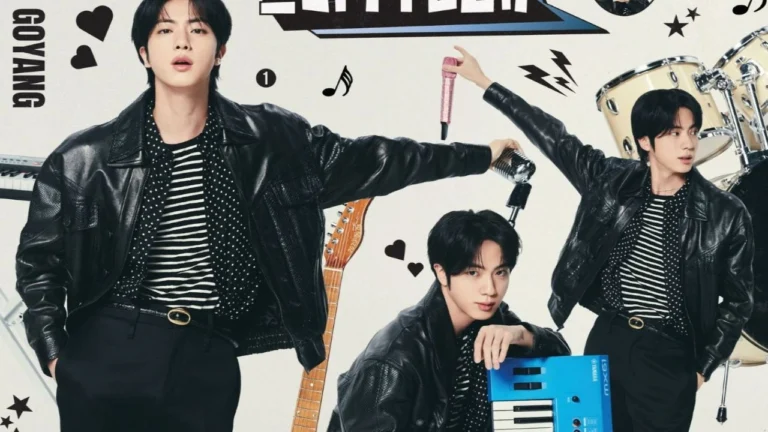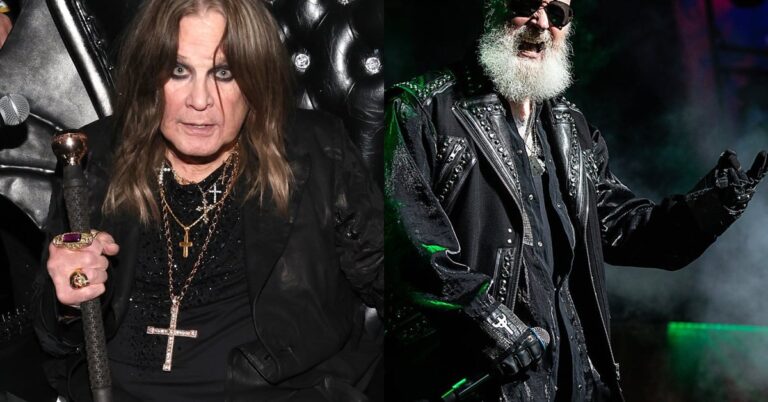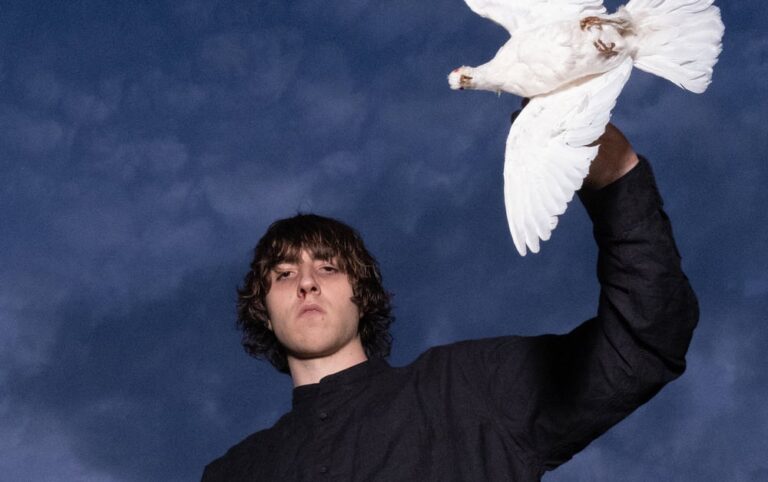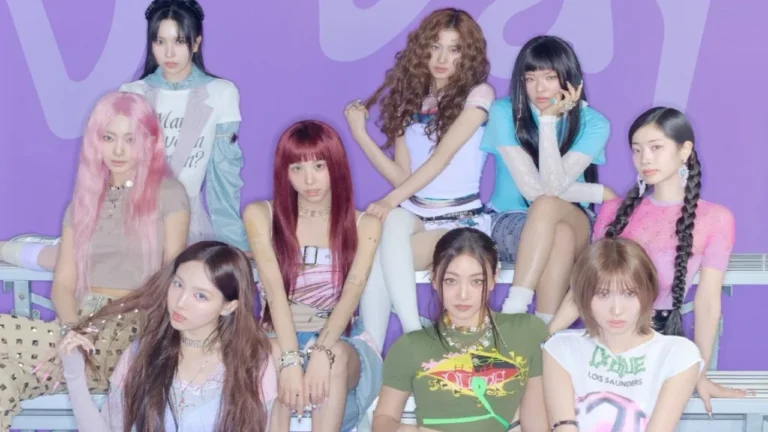Lawsuit Alleges ‘Billions’ of Drake’s Spotify Streams Were Fake
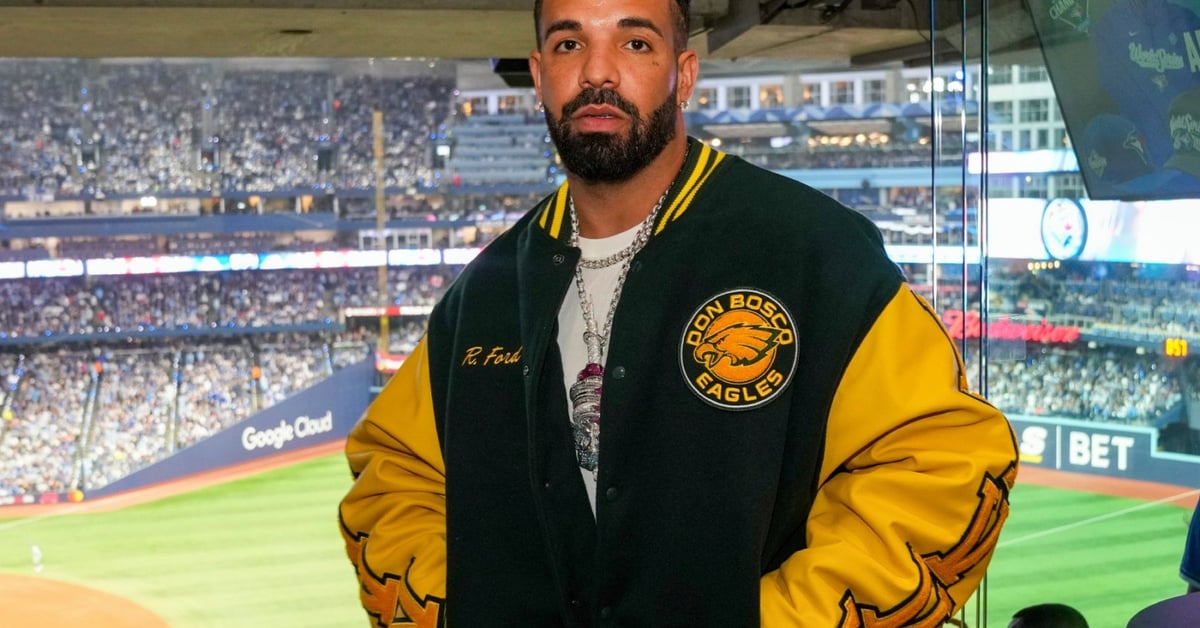
## Allegations of Fraudulent Streaming on Spotify
A recent class action lawsuit has been filed against Spotify, alleging that the platform has ignored widespread “mass-scale fraudulent streaming.” Central to these claims is the assertion that a prominent artist, specifically Drake, has reaped the benefits of “billions” of illegitimate streams on the service.
The suit was presented in the California District Court, with rapper RBX—who is also related to Snoop Dogg—serving as the lead plaintiff. While the allegations are striking, they focus mainly on Drake’s streaming figures, with no direct accusations levied against him; Spotify is the sole defendant in the suit.
### The Allegations
The lawsuit claims that each month, billions of fraudulent streams occur on Spotify through the use of bots and similar methods. These fraudulent activities are purportedly damaging to legitimate artists, songwriters, producers, and other stakeholders in the industry.
The payment structure on the platform, which distributes royalties based on total stream shares, means these fake streams negatively impact artists receiving fewer legitimate plays. While the lawsuit mentions the use of bots, it primarily highlights Drake’s situation, suggesting that a significant portion of his reported 37 billion streams may be artificially inflated.
### Evidence of Fraudulent Activity
According to the complaint, investigations into Drake’s stream count indicate “unusual VPN usage” that obscures the origins of these streams. It cites an example where over 250,000 listens of his song “No Face” were traced back to Turkey but were recorded as originating from the UK to hide their true source.
Additionally, the lawsuit argues that numerous accounts streaming Drake’s music appear to be concentrated in areas with populations that couldn’t support such high streaming volumes. For example, it reports streams allegedly originating from locations with no residential addresses.
### Streaming Patterns and Anomalies
The lawsuit notes peculiar patterns in the streaming activity for Drake’s music, including irregular spikes long after song releases and unusual decay rates compared to other artists. This decay rate is the expected decrease in song plays over time, and the discrepancy raises questions about the authenticity of the listens.
The document further claims that a large portion of streams comes from a small number of users, with around 15% of Drake’s streams linked to less than 2% of listening accounts. Such data suggests Drake’s total stream count far exceeds that of other artists with larger fan bases.
### Spotify’s Role
According to the lawsuit, Spotify has turned a blind eye to these fraudulent activities for its benefit. Even though the platform has made attempts to combat streaming fraud, the lawsuit raises doubts about the effectiveness of these measures.
Streaming fraud exacerbates Spotify’s challenges, especially given the ad-supported free tier where numerous accounts can be created without any credit card information. This allows the platform to showcase inflated streaming figures to potential advertisers, further complicating the issue.
### Legal Background and Industry Context
This lawsuit emerges shortly after a judge dismissed Drake’s prior defamation case against Universal Music Group, which also included allegations of streaming fraud. UMG denied the claims, insisting there was no evidence to support any manipulation of stream counts.
The problem of streaming fraud has gained attention globally, with several countries ramping up efforts to crack down on these practices. In the U.S., a musician was recently indicted for using artificial intelligence to generate numerous songs, which he promoted through fraudulent streaming.
### Lawsuit Details and Implications
The recent suit claims damages exceeding $5 million and is asking for the federal court to class the case and oversee it as a jury trial. This move could potentially open the door for other artists who feel affected by similar fraudulent activities.
RBX, the leading plaintiff, has contributed to various high-profile tracks in the industry and his involvement in this case underscores the growing concern regarding streaming authenticity.
What are your thoughts on the impact of streaming fraud on artists today?


